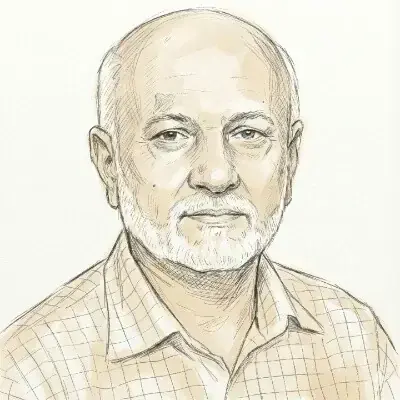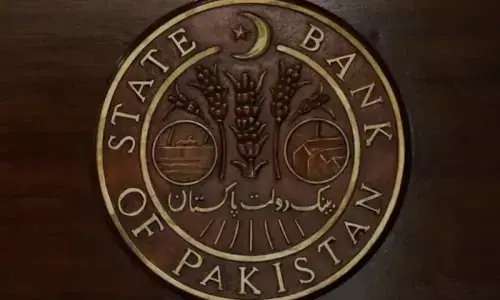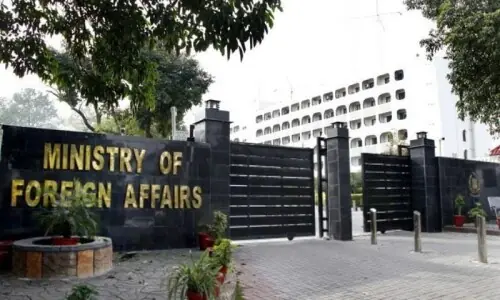ISLAMABAD: Pakistan has sought the support of the International Atomic Energy Agency (IAEA) to strengthen its nuclear power programme as the country is significantly scaling up nuclear power to meet the rising energy demand.
To facilitate the rapid expansion of nuclear power, IAEA has amalgamated four of its pre-existing national technical cooperation projects, which supported the regulators, operators, waste managers and non-destructive testers involved in Pakistan’s nuclear power programme, into a single project, according to a press release of IAEA.
IAEA’s streamlined support for Pakistan aimed to expand the nuclear power generating capacity more than six-fold over the next decade, from 1430MW to 8800MW was discussed by regulators, operators and representatives of organisations involved in Pakistan’s nuclear power programme who gathered at IAEA’s headquarters in Vienna recently.
In doing so, the IAEA is bringing together all relevant stakeholders of the Pakistani nuclear power programme to streamline their workflows, reduce delays and costs, enhance cooperation and harmonise their safety and waste management approaches.
The press release quoted the Manager of the Technical Coordination Division of the Chashma Nuclear Power Plant, Ahmad Nadeem, as saying that “Pakistan has benefited from the IAEA Safety Standards and other technical documents, but there is always room for improvement”.
“In order to further improve the safety, reliability and sustainability of Pakistan’s nuclear power plants, we decided to approach the IAEA for a comprehensive and integrated national project,” he said.
Pakistan has a long history of working with nuclear science, applications and power. It was the sixth country to ratify the IAEA Statute and, in doing so, provided one of the 18 ratifications required to bring the Statute, and hence the IAEA’s mandate, into force.
Moreover, Pakistan’s national nuclear power programme has existed since 1972 with the commissioning of the Karachi Nuclear Power Complex (KANUPP), and the country at present maintains a fleet of five commercial nuclear power plants, primarily in Mianwali and southeast district of Sindh, with plans to construct several new plants by 2050 to help accommodate growing energy demands.
Published in Dawn, February 27th, 2020



































